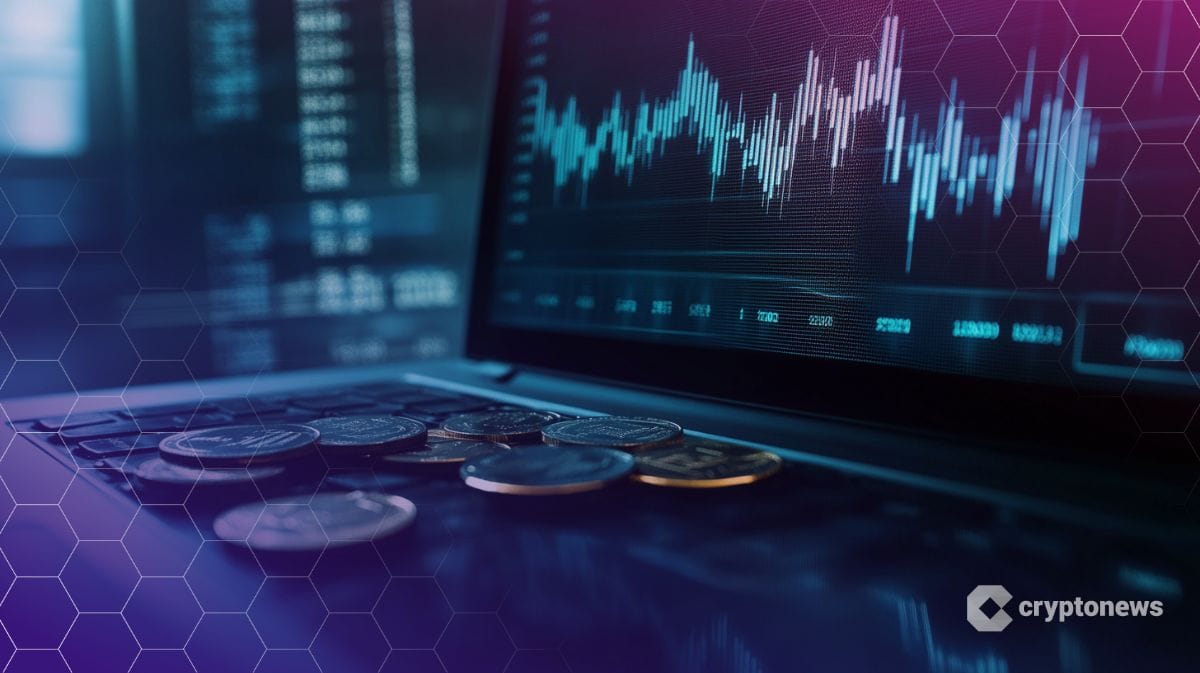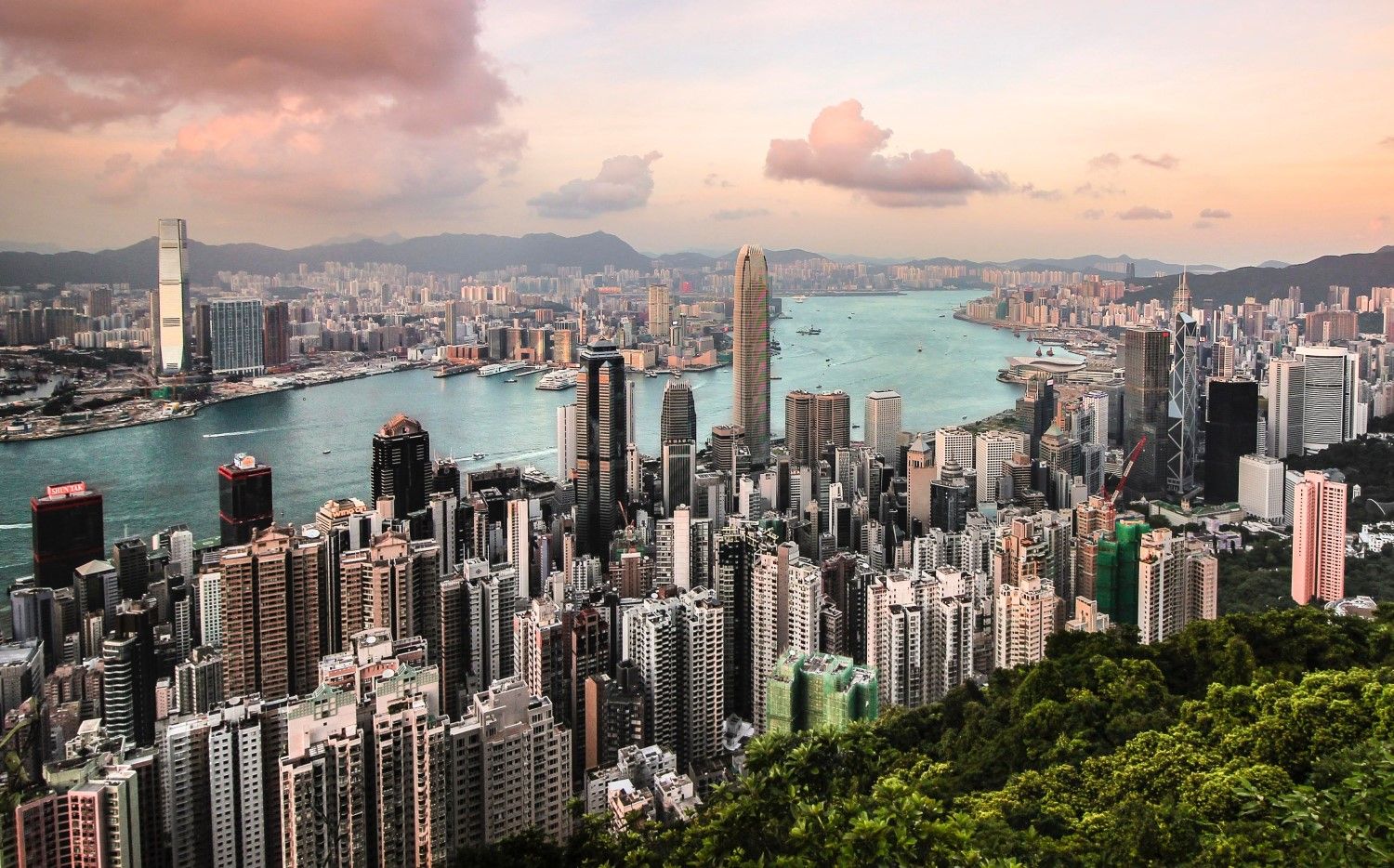French President Emmanuel Macron has announced that India will host the next international artificial intelligence (AI) summit. Prime Minister Narendra Modi, who attended and co-hosted the AI summit in Paris, had previously informed President Macron that India would be pleased to host the next such event.
As the global AI summit transitions from a focus on safety in 2023 to action in 2025, India aims to create an inclusive, sustainable global governance framework that considers the needs of countries in the Global South.
India has participated in all five working groups focused on international governance, the future of work, security and safety, AI for the general interest, and innovation and culture leading up to the summit co-chaired by France and India.
Despite some differences among countries, particularly with the US and UK, efforts continue to reach a consensus outcome from the summit. According to the reports, Prime Minister Modi emphasized the importance of inclusivity and sustainability as essential elements in shaping AI governance, believing that such an approach would foster innovation and benefit as many countries as possible.
“Governance is also about ensuring access for all, especially in the Global South, where capacities are most lacking—be it in computing power, talent, data, or financial resources,” Modi stated at the summit.
Since assuming the G-20 Presidency, India has sought to include more Global South countries in the AI conversation and governance structure, believing that an innovation-focused approach can benefit everyone. S. Krishnan, Secretary of the Ministry of Electronics and Information Technology, noted that as the summit shifts from safety to a focus on action, the emphasis should be on innovation to harness the benefits of AI.
“Innovation is critical, much like the Y2K moment was for the Indian IT industry,” he remarked, adding that AI could bring transformative changes and that India is fully committed to this goal.
“AI has the potential to transform millions of lives, enhancing health, education, agriculture, and more. It can facilitate the journey toward achieving Sustainable Development Goals.
However, sustainable AI does not solely refer to clean energy; AI models must also be efficient and sustainable in size, data needs, and resource requirements. After all, the human brain can compose poetry and design spaceships using less power than most lightbulbs,” Modi explained at the summit.
India hopes to see an expansion in membership of the Global Partnership on Artificial Intelligence (GPAI), which has recently added 44 more members. GPAI aims to bridge the gap between theoretical understanding and practical application in the field of AI.
Earlier, Prime Minister Modi remarked that AI is writing the code for humanity in this century by transforming politics and society. He urged global cooperation to establish governance that addresses risks and fosters trust, especially as the European Union moves toward a more relaxed regulatory approach to remain competitive.
“AI is developing at an unprecedented scale and speed, with its adoption and deployment occurring even faster. There is a deep interdependence across borders, necessitating collective global efforts to establish governance and standards that uphold our shared values, address risks, and build trust,” Modi told a gathering of world leaders, including US Vice President JD Vance and Chinese Vice Premier Zhang.
“While the positive potential of AI is tremendous, we must also carefully consider the biases that may arise,” Modi added. He outlined a roadmap for AI governance, advocating for innovation and its deployment for the global good.
“We must think deeply and discuss openly about innovation and governance,” he stated. He reiterated, “Governance is also about ensuring access for all, especially in the Global South, where capacities are often lacking.”
Modi stressed the need to create open-source systems that foster trust, build unbiased data sets, democratize technology, and develop people-centric applications, while also addressing cybersecurity, disinformation, and deepfakes. He highlighted the importance of ensuring that technology is integrated into local ecosystems for maximum effectiveness.
Addressing concerns about job loss as AI’s “most feared disruption,” Modi remarked, “History has shown that technology does not eliminate work; it changes its nature and new types of jobs are created. We need to invest in skilling and re-skilling our people for an AI-driven future.”
Modi affirmed that India is developing AI applications for the public good and is ready to share its experience and expertise to ensure that the future of AI is beneficial for everyone.
Also Read: “AI for All”: Modi Pushes for Global Cooperation at Paris Summit
The Crypto Times – Read More










